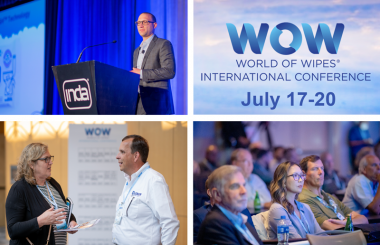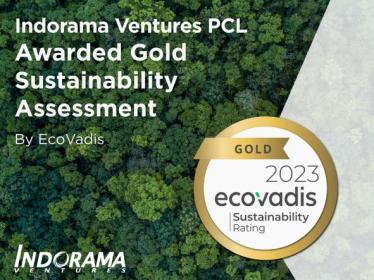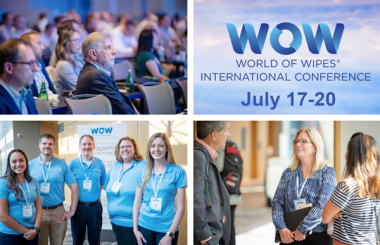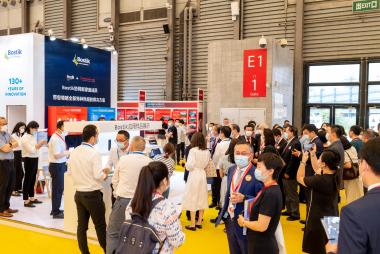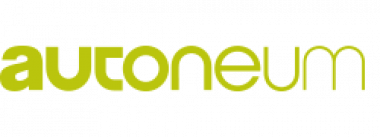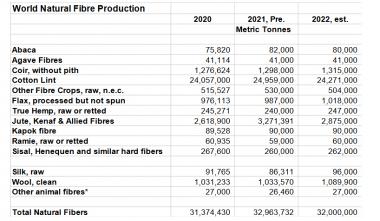adidas: FY Results of 2022 and Outlook for 2023
Major developments FY 2022
- Currency-neutral revenues up 1% reflecting growth in all markets except Greater China
- Double-digit increases in North America and Latin America, EMEA up high single digits
- Gross margin declines to 47.3% due to strong increase in supply chain costs and discounting
- Operating profit at € 669 million, including one-off costs of € 312 million
- Operating margin decreases to 3.0%
- Net income (continuing operations) of € 254 million includes € 350 million one-off costs
- Executive and Supervisory Boards propose dividend of € 0.70 per share
Major developments Q4 2022
- Currency-neutral revenues decline 1% impacted by termination of Yeezy partnership
- Gross margin at 39.1% reflecting increased supply chain costs and higher discounting
- Operating loss of € 724 million
- Net loss from continuing operations of € 482 million
Outlook for 2023
Underlying operating profit expected to be around break-even level
In 2023, adidas expects currency-neutral revenues to decline at a high-single-digit rate as macroeconomic challenges and geopolitical tensions persist. Elevated recession risks in Europe and North America as well as uncertainty around the recovery in Greater China continue to exist. The company’s revenue development will also be impacted by the initiatives to significantly reduce high inventory levels. In addition, while the company continues to review future options for the utilization of its Yeezy inventory, the guidance already reflects the revenue loss of around € 1.2 billion from potentially not selling the existing stock. Accounting for the corresponding negative operating profit impact of around € 500 million, the company’s underlying operating profit is projected to be around the break-even level in 2023.
Reported operating loss of € 700 million projected
Should the company irrevocably decide not to repurpose any of the existing Yeezy product going forward, this would result in the potential write-off of the existing Yeezy inventory and would lower the company’s operating profit by an additional € 500 million this year. In addition, adidas expects one-off costs of up to € 200 million in 2023. These costs are part of a strategic review the company is currently conducting aimed at reigniting profitable growth as of 2024. If all these effects were to materialize, the company expects to report an operating loss of € 700 million in 2023.
adidas AG








